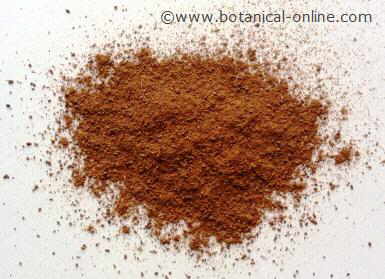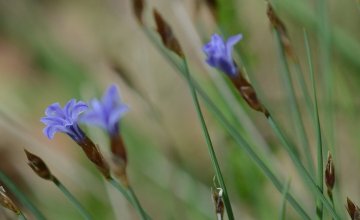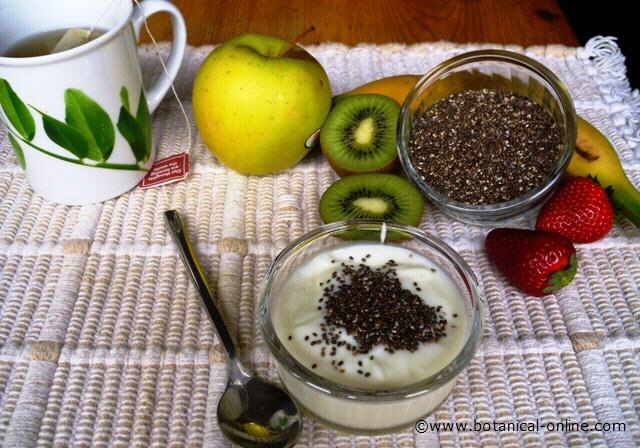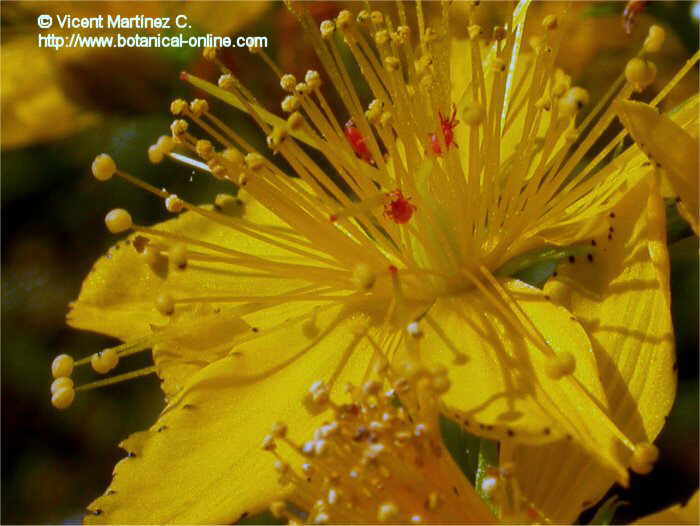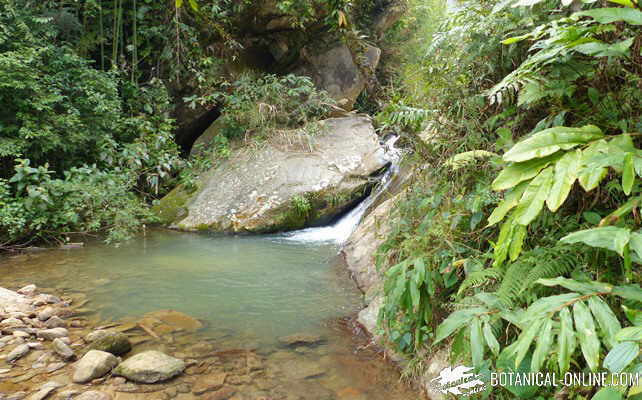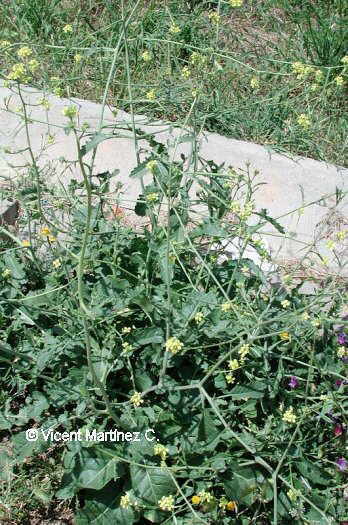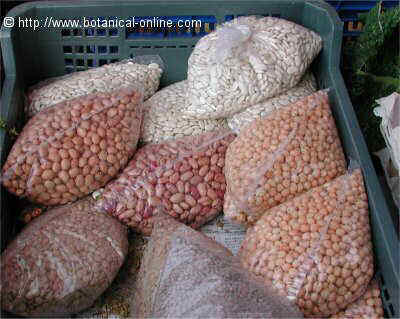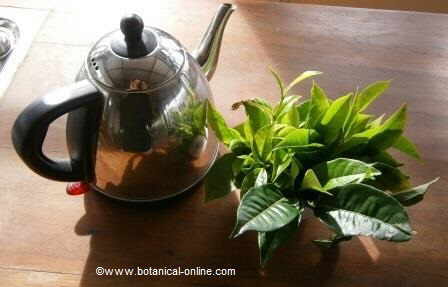Contents
- 1 Herbal remedies for menopause hot flushes
- 1.1 Phytotherapy: Medicinal plants preparations to reduce hot flushes
- 1.2 Infusions to remedy hot flushes in menopause
- 1.3 Tranquilizing plants to calm the nerves during menopause
- 1.4 Supplements to relieve hot flushes of menopause
- 1.5 Plant foods to reduce hot flushes
- 1.6 Plants and vitamins that improve circulation in menopause
- 1.7 Alternative therapies to improve hot flushes
Herbal remedies for menopause hot flushes
Phytotherapy: Medicinal plants preparations to reduce hot flushes
The role of phytotherapy in the treatment of hot flushes will focus on using those plants with the following properties:
- Infusions of antisudorific plants
- Plants and foods rich in phytoestrogens, which help compensate for the hormonal deficits of menopause
- Plants that annul or reduce the negative symptoms that the menopause period entails
- Other alternative therapies to improve hot flushes, such as relaxation, sufficient sleep, adequate physical exercise and a healthy diet
Infusions to remedy hot flushes in menopause
The main plants for the treatment of hot flushes or flushing are:
- Salvia (Salvia officinalis): It is considered one of the best plants with antisudorific properties and for these purposes it is widely used in menopausal women with hot flushes. A few hours after taking this infusion, excessive sweating decreases. (Infusion of 1 tablespoon of dried leaves per cup, 23 times a day).
- Yarrow (Achilea millefolium) Very useful for alleviating anxiety and nervousness at menopause as well as many other side typical effects of premenstrual syndrome. (Infusion of half a teaspoon of this plant and and a half a teaspoon of chamomile. 3 cups per day)
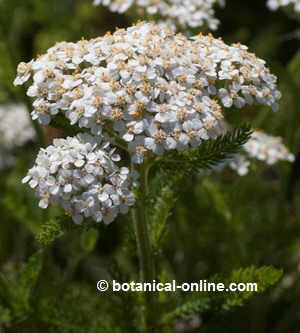
Yarrow flowers. The infusion of the mixture of yarrow and chamomile helps to alleviate many of the symptoms of menopause
- Blackthorn: (Prunus spinosa): An infusion of half a teaspoon of dried flowers per glass of water for about 3 minutes is useful in the disorders produced by menopause both physical and mental and among which we could mention hot flushes, palpitations, redness of the skin, chills or the same derangements of the period between the first ones; or depressions, insomnia or general disinterest among the latter.
- Clover: (Trifolium pratense) Because of its content in formononetin, a phytoestrogen plant hormone that regulates the decompensation which occurs during menstruation and, especially in menopause, clover helps to alleviate the pains that normally accompany it, as well as other secondary factors that produce the loss of menstruation. It also appears to influence the process of decalcification and heart problems that accompany menopause, as has been demonstrated in studies on the use of extracts of this plant. (Infusion of a teaspoon of dried leaves per cup of water. A couple of cups a day.)
Tranquilizing plants to calm the nerves during menopause
- Passion flower (Caeurulea passiflora) Especially interesting to alleviate nerve problems associated with menopause or premenstrual syndrome which prevent from sleeping at night or cause body pain. (Infusion of a couple of tablespoons of dried plant per half a liter of water. Drink a couple of small cups a day) (Maceration of the desired amount of dry plant with the same amount of alcohol for a week. Strain and take about 25 drops per day)
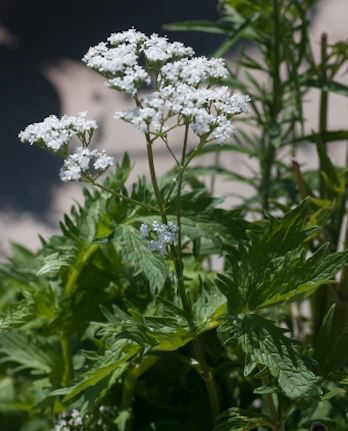
Valerian makes it easier for women to sleep during menopause
- Valerian (Valeriana officinalis) Like the previous one, it reduces the nervousness and allows to sleep better. (Infusion of about 15 grams of the root of the plant; let rest overnight.)
Supplements to relieve hot flushes of menopause
Some medicinal plant supplements can be used to decrease the negative symptoms of menopause. Among all of them, we have, for example:
- Evening primrose oil (Oenothera biennis): One of the best supplements for hormonal imbalances, inflammation and menstrual disorders for its content in GLA fatty acids. (Pearls of evening primrose oil according to product indications)
- Liquorice (Glycyrrhiza glabra) Glycyrrhizin has the ability to regulate estrogen in women. Its use during the menopause may improve some symptoms during the period. (Take some pure standard preparation according to the terms of the patient’s leaflet. See more details on its use and its toxicity in the general study of the plant)

Chasteberry supplements are very useful to reduce hot flushes of menopause
- Chasteberry (Vitex agnuscastus) It exerts a balancing role of estrogen which makes it suitable for the treatment of menopause. We have seen that his administration was very suitable to adjust menstruation, avoiding excessive or too much spaced menstruations. It also helps reduce hot flushes (The usual dose is 450 mg of extract per day divided into two doses. It can be taken as capsules or tablets) It is considered that the first noticeable improvement takes place after 2 months of being treated and that regulation of menstruation occurs after half a year of treatment.
- Dong Quai (Angelica sinensis) Dong quai is an ideal plant for women, and in Asian countries it is typically introduced in the usual diet, in the form of a root (similar to ginseng), for its numerous benefits. (Take some pure standardized preparation according to the conditions of the leaflet, see more details about its use and its toxicity in the general study of the plant)
- Maca (Lepidium meyenii) Maca has natural phytosterols that may help treat hot flushes and side effects during menopause (1.5 g. maca daily, divided into 3 doses of 0.5 g., during a period of 30 days)
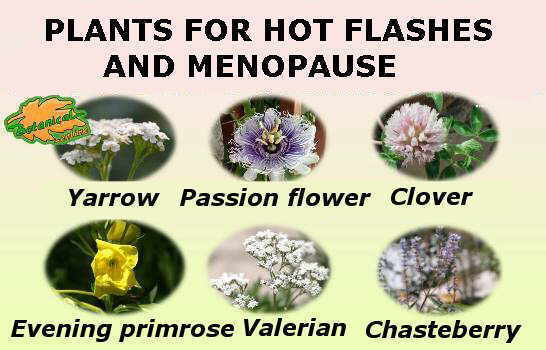
Summary of the main medicinal plants used in the natural treatment of hot flushes in menopause
Plant foods to reduce hot flushes
Adequate nutrition will help balance female hormones and reduce hot flushes. Adequate nutrition in perimenopause should take into account:
- Soy for menopause: Soy and its derivatives can be suitable foods to relieve hot flushes of menopause. Although supplements with soy isoflavones are not recommended, it may be a good option to introduce soy foods in the diet against hot flushes. The most interesting foods are tofu (food rich in calcium) and tempeh (isoflavones of high bioavailability).
 Photo of tempeh, recommended for hot flushes of menopause
Photo of tempeh, recommended for hot flushes of menopause
- Avoid stimulants: Coffee, cola and other stimulants are responsible for the increase in metabolism that can make hot flushes worse. Nor is alcohol intake adequate.
- Avoid foods rich in bad fats: Very greasy foods or sweets are responsible for the weight gain that worsens hot flushes. Instead, a diet based on natural plant foods will provide the right nutrients, hydrate the body and supply those phytoestrogens of which the woman is deficient during this period.
Plants and vitamins that improve circulation in menopause
During menopause problems of poor circulation, varicose veins and hemorrhoids can occur:
- Vitamin B complex: It is one of the most useful and economic supplements. From the age of 55 years, a supplement of the entire group of B vitamins is recommended because, with age, intestinal synthesis and absorption decrease. In addition, stress, tobacco, alcohol, an inadequate diet, intestinal diseases or the taking of some medicines reduce their levels (Consult the doctor)
- Vitamin B12: Especially recommended for vegetarian women or who eat little meat, fish, eggs or dairy. (How to take B12 supplements)
- Folic acid (vitamin B9): Highly recommended for its properties to improve circulation. (Foods rich in folic acid)
Alternative therapies to improve hot flushes
In addition to phytotherapy, it is necessary to know that there are other complementary therapies that have proven to be very beneficial to improve hot flushes and other menopause affectations. They are summarized in the following points:
Photo of lentil salad highly recommended for menopause.
- Diet for menopause
- Adequate physical exercise: with little time daily can improve fatigue and fatigue. Put yourself in the hands of a professional duly qualified to train.
- Reduce stress:
- Sleep enough time: Improve sleep time and quality can improve menopause since sleep is the main form of natural regulation of many hormones and bodily processes. If insomnia exists, it should be treated with the help of the previous points and the use of plants such as lemon balm.
![]() More information on hot flushes.
More information on hot flushes.

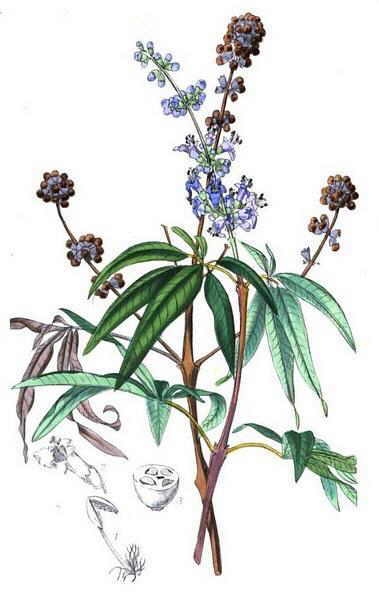
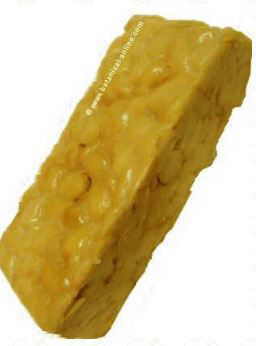 Photo of tempeh, recommended for hot flushes of menopause
Photo of tempeh, recommended for hot flushes of menopause